Do I Own the Rights to My Dubbed Content?

BeMultilingual
Dubbing Expert
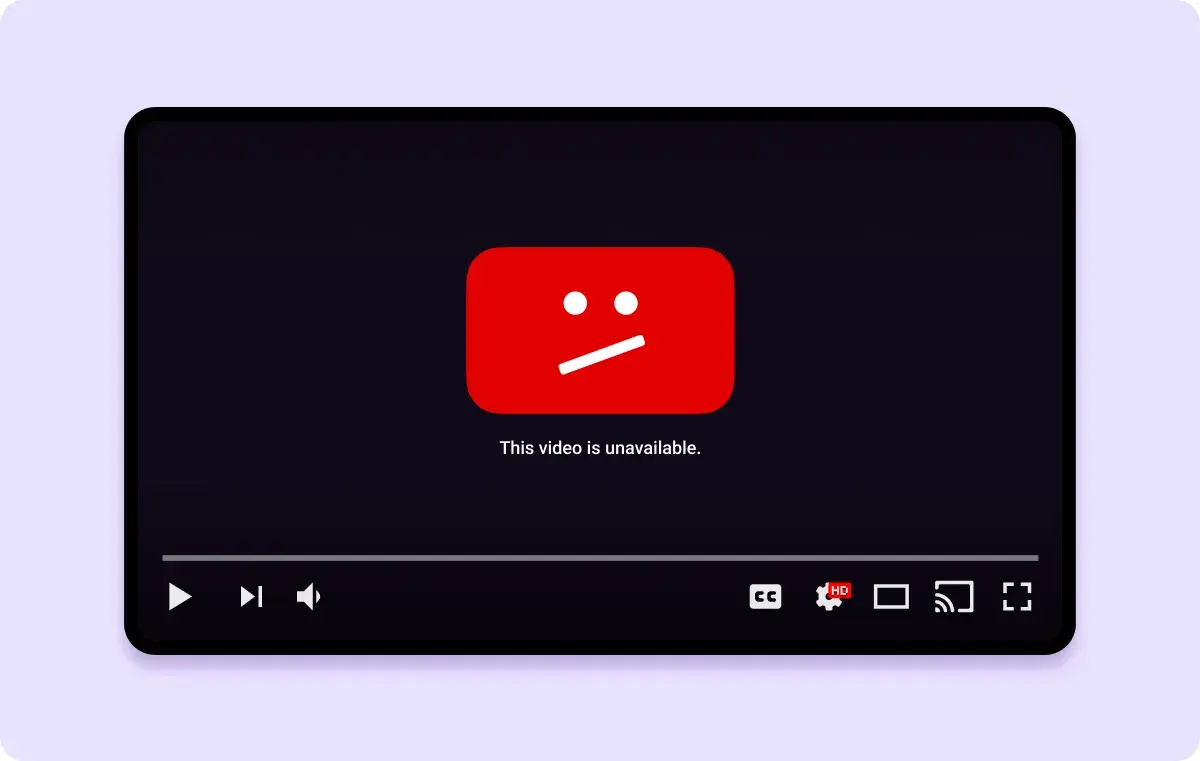
In today's globalized digital landscape, content creators and businesses are increasingly seeking to reach wider audiences by offering their content in multiple languages through dubbing. However, this raises important questions about content ownership, licensing, and rights management. Understanding these aspects is crucial to ensure that you retain control over your dubbed content and avoid potential legal pitfalls.
Understanding Content Ownership in Dubbing
When you create original content, you automatically hold the copyright to that work. This copyright grants you exclusive rights to reproduce, distribute, perform, and display your work. However, when you introduce dubbing into the equation, the ownership dynamics can become more complex.
Dubbing involves creating a new audio track in a different language to replace the original dialogue. This process results in a derivative work, which is a new creation based on your original content. According to copyright law, the rights to derivative works typically belong to the original content creator. However, this can vary depending on the agreements made during the dubbing process.
Licensing and Rights Transfer in Dubbing
To produce a dubbed version of your content, you may collaborate with voice actors, dubbing studios, or localization services. It's essential to establish clear agreements that outline who holds the rights to the dubbed content. These agreements can take the form of:
Licensing Agreements: You grant permission to a third party to create and use the dubbed version of your content while retaining overall ownership. Licensing allows you to specify the scope, duration, and territory of the rights granted.
Copyright Transfer Agreements: You transfer some or all of your rights to the dubbed content to another party. This is less common and should be approached with caution, as it may result in losing control over how the dubbed content is used.
In some jurisdictions, certain rights cannot be transferred, and only licensing is possible. Therefore, it's crucial to understand the legal framework in your country and draft agreements that reflect your intentions and protect your interests.
The Role of Professional Dubbing Services
Engaging professional dubbing services, such as BeMultilingual, can help ensure that your content is localized accurately and that your rights are safeguarded. Professional services typically offer comprehensive agreements that clearly define ownership and usage rights, providing peace of mind and legal protection.
Potential Legal Considerations
Unauthorized dubbing or using AI-generated voices without proper permissions can lead to copyright infringement issues. It's imperative to secure the necessary rights and permissions before proceeding with dubbing to avoid legal complications. For instance, using someone else's sound recording and music synchronized with images without consent amounts to copyright infringement.
Conclusion
Navigating the complexities of content ownership and licensing in the context of dubbing requires careful consideration and clear agreements. By understanding your rights and working with reputable professionals like BeMultilingual, you can ensure that your dubbed content reaches new audiences while maintaining control and compliance with copyright laws.
If you're looking to expand your content's reach through professional dubbing and localization services, contact BeMultilingual today to discuss how we can assist you in achieving your goals.
Frequently Asked Questions
We dub 3,000+ minutes monthly, helping our clients generate 100M+ views every month.
Localize My Content →
BeMultilingual
Dubbing Expert
Expert in professional dubbing for YouTube, film & TV, and corporate content—working across more than 40 languages to bring stories to life globally.
Read More
Movie Dubbing Services: 2026 Ultimate Guide
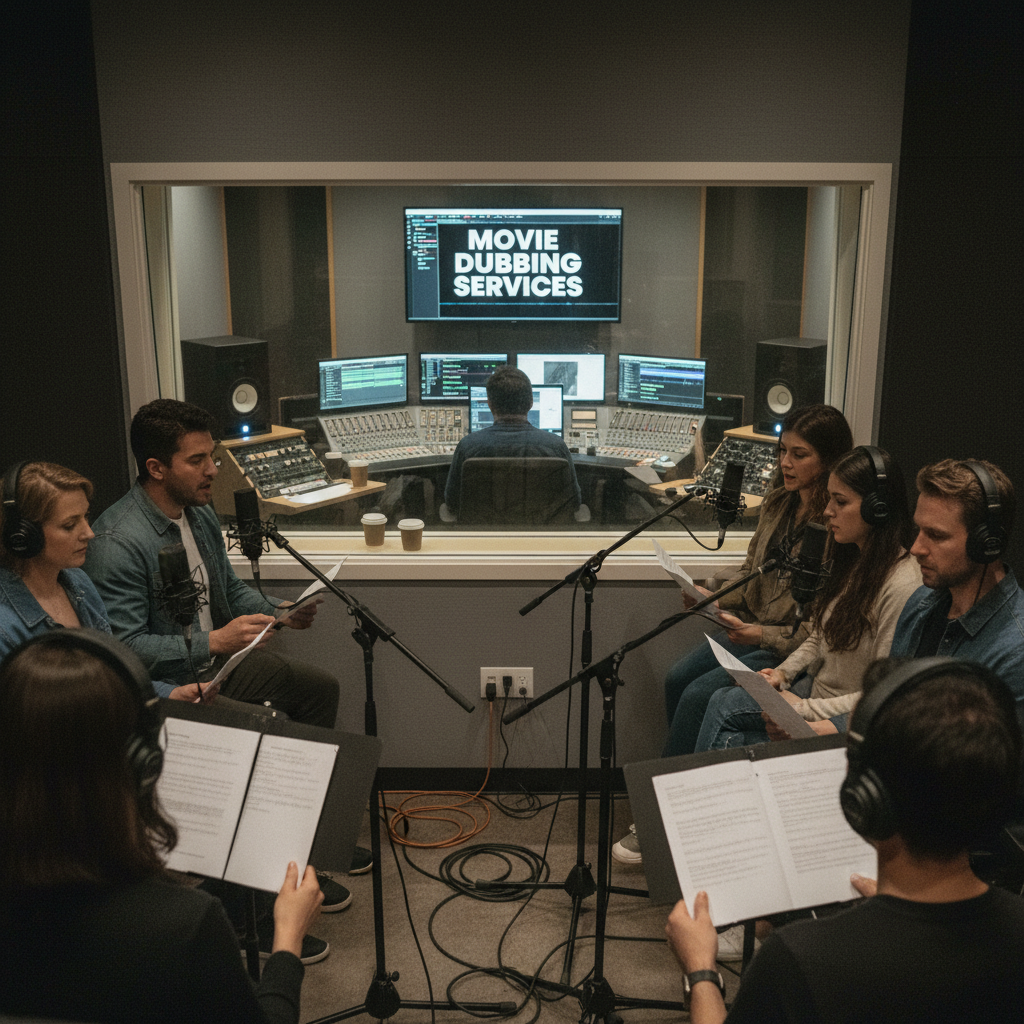
YouTube Auto-Dubbing and Multi-Language Thumbnails In 2026
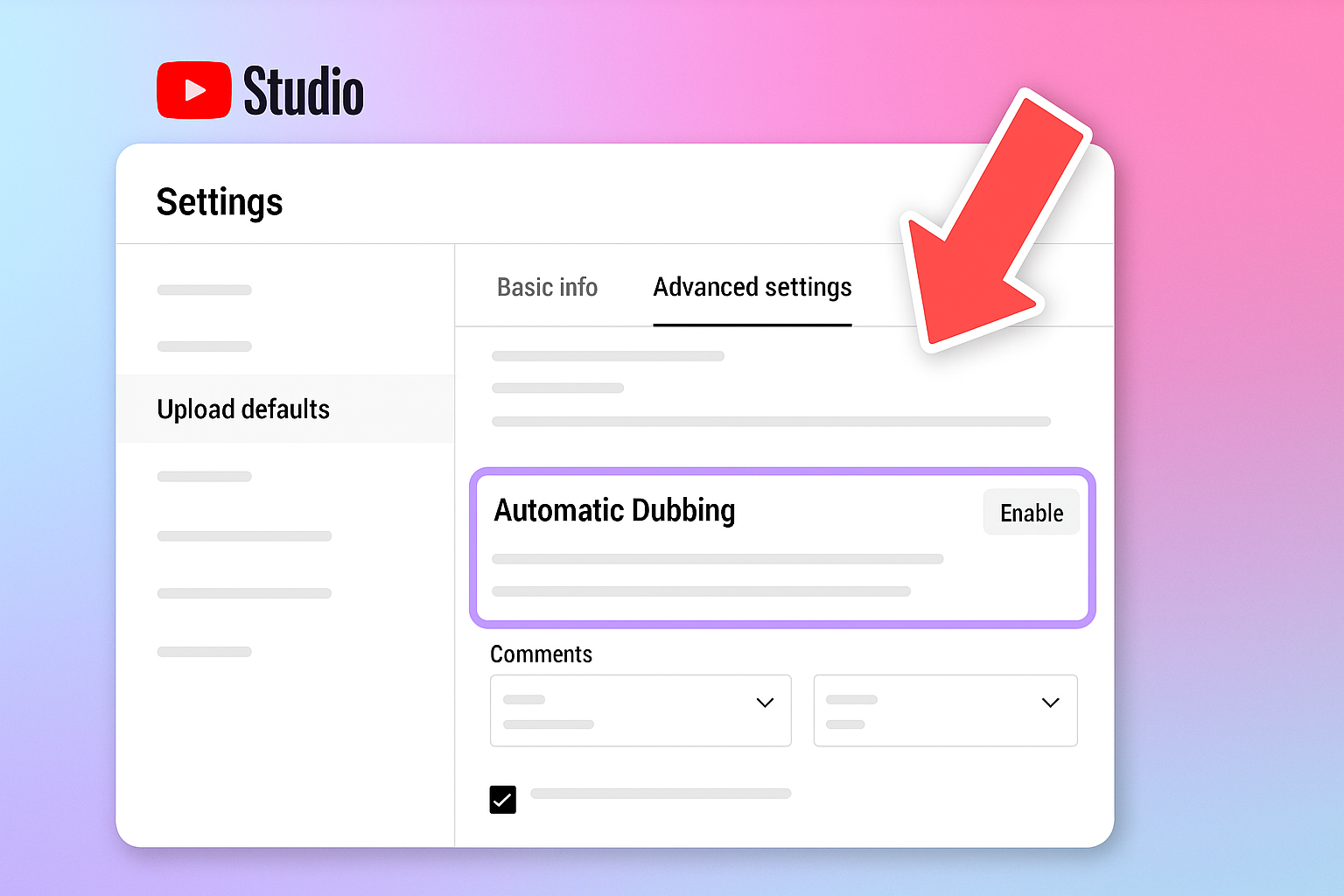
YouTube Audio Track: What It Is & How to Use It
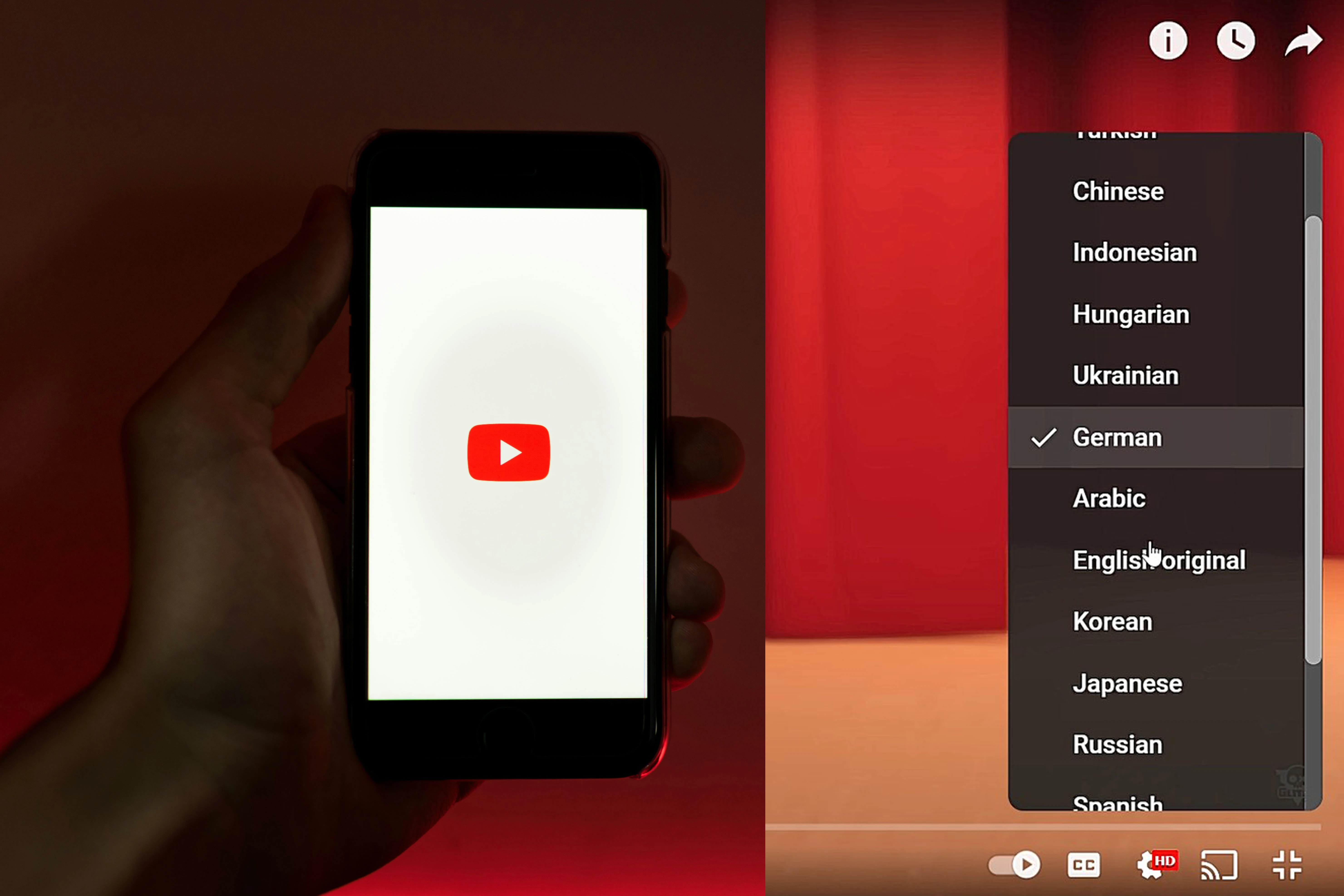
Best Dubbing Services In 2026: Cost & Options
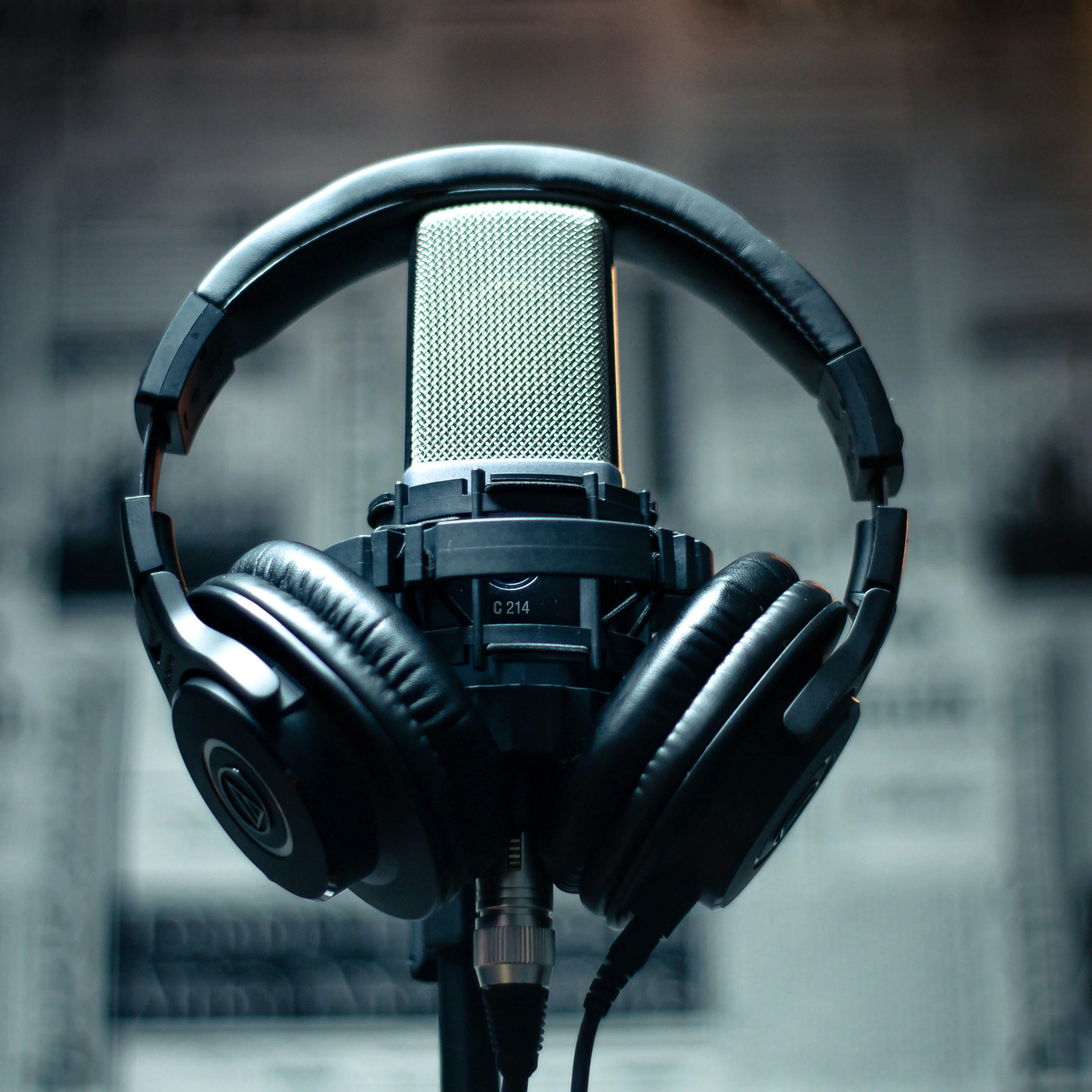
YouTube Auto Dubbing: Who Has It, How to Disable, & More
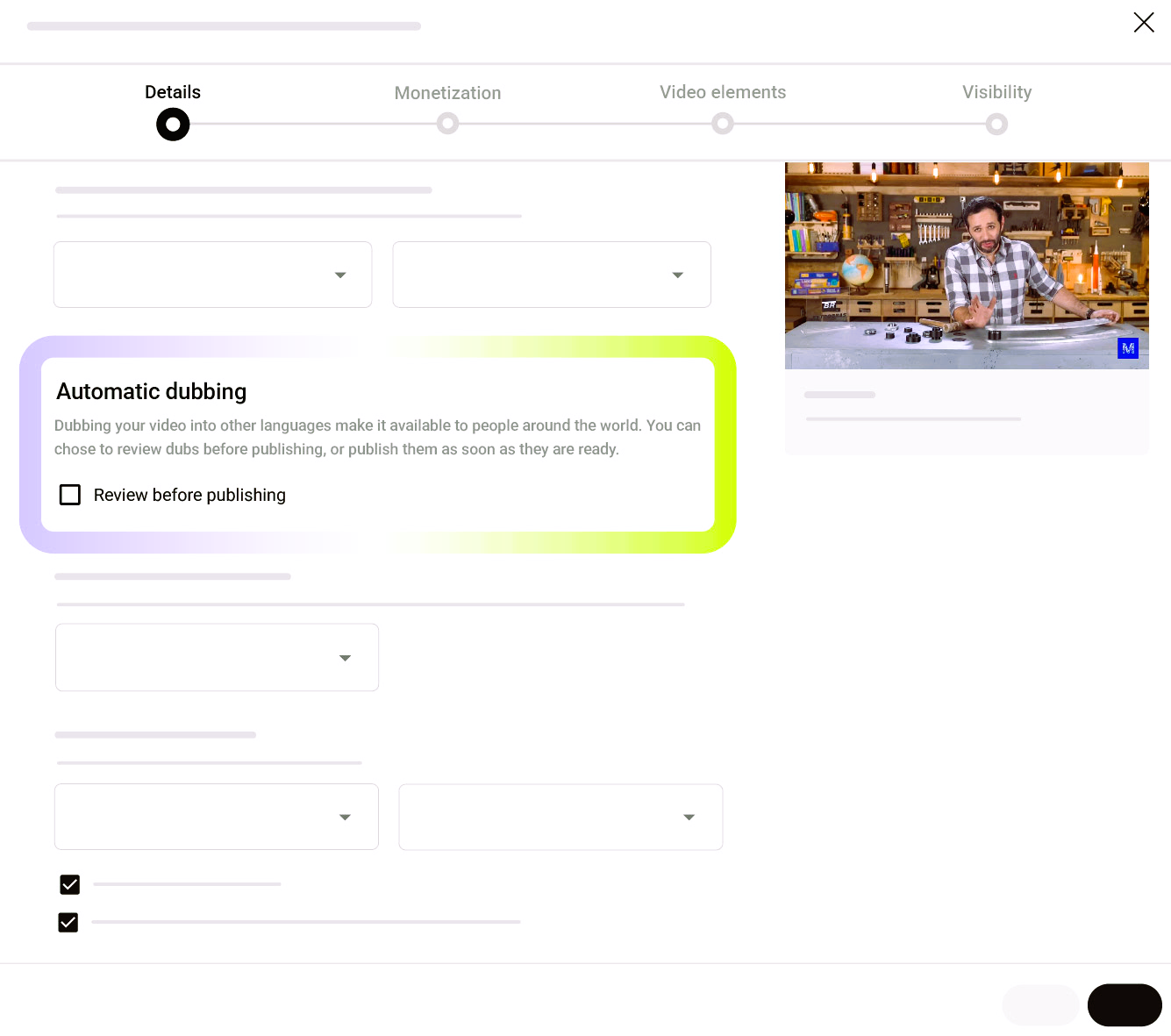
 BeMultilingualContact →
BeMultilingualContact →